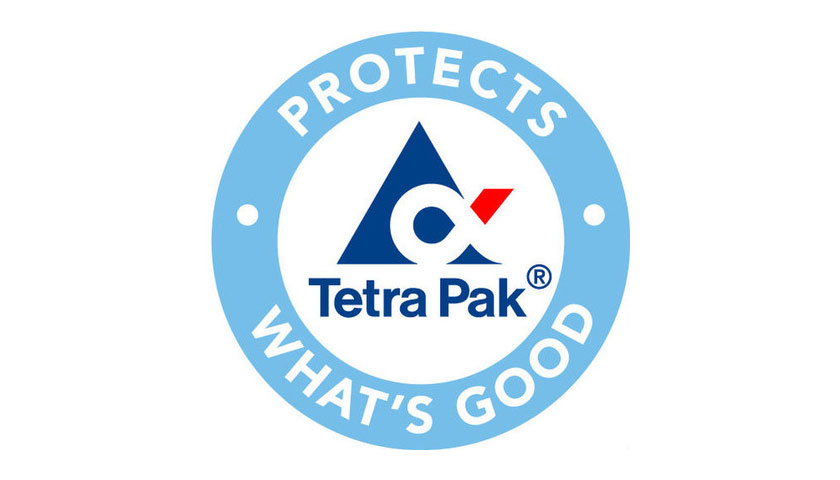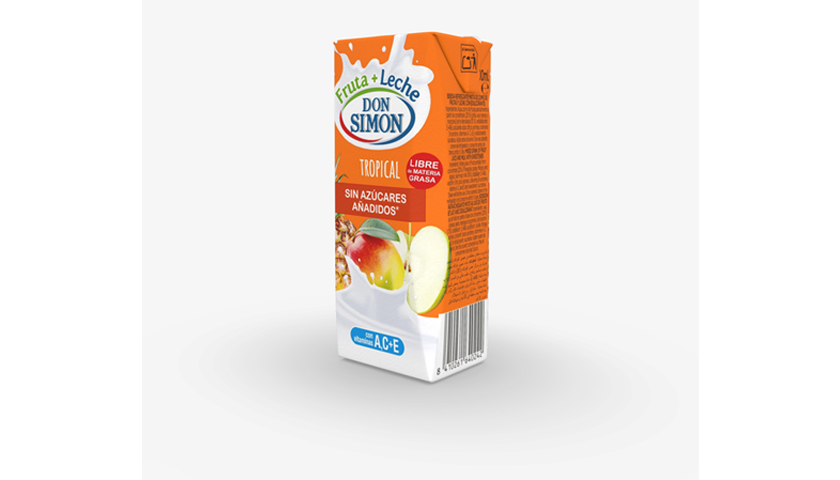Tetra Pak is launching an integrated approach to drive the transition to more secure, sustainable and resilient food systems, harnessing the company’s leading role in the food processing and packaging industry to effect urgent change. This builds further on the company’s lead in the Global Dairy Processing Task Force, which, as part of the ‘Pathways to Dairy Net Zero’ climate initiative, aims to explore the innovative systems and technologies needed to further drive down greenhouse gas (GHG) emissions in dairy processing.
Charles Brand, Executive Vice President for Processing Solutions & Equipment, Tetra Pak, comments: “Transforming food systems is crucial for a viable future. Today, these systems are inefficient and unsustainable, responsible for over one third of GHG emissions, while one third of food produced is lost or wasted. Food systems are also failing people, with 9% of the world’s population going hungry and 30% experiencing malnutrition. In addition, food value chains are driving deforestation and biodiversity loss, and are estimated to be the second most critical avenue to addressing climate change, behind energy. We cannot phase out food, but we can transform these systems to ensure they are more secure, resilient and sustainable.”
Tetra Pak has identified four key pathways to accelerate food systems transformation. The company has also established roadmaps and measurable targets for each of these pathways, aligning with the critical transitions for food and land transformation proposed by the Food and Land Use Coalition.
- Enabling the transition towards more sustainable dairy, by addressing the environmental impact of dairy processing while supporting smallholder farmers’ productivity, profitability and livelihoods.
- Innovating for new food sources, such as diversifying with alternative proteins, to complement dairy and other animal protein sources.
- Reducing food loss and waste, by developing food processing technologies that help reduce food waste during production, including new solutions to turn low-value side streams that would otherwise go wasted into value-added products. Aseptic packaging solutions already play a fundamental role in reducing food waste by extending the shelf life of perishable foods, without the need for preservatives or refrigeration. This enables widespread distribution, even in remote geographies with inadequate cold chain infrastructure.
- Scaling access to safe nutrition9 through sustainable food packaging, by designing and deploying sustainable food packaging solutions that preserve food quality and improve access to safe food.
The announcement coincides with Tetra Pak’s launch of its white paper, in collaboration with EY Parthenon, which examines the key food systems requirements to better sustain both people and the planet by 2040.
Charles concludes: “At Tetra Pak, we’re not just making pledges; we’re driving a transformative agenda, based on a robust evidence-base. We are answering the call for private sector engagement by demonstrating both our ambitions and our strategic plan on how we will realise them. At COP28, and beyond, we are proud to engage with government stakeholders, policymakers, industry stakeholders, customers and key opinion leaders to help transform food systems and move food forward.”

